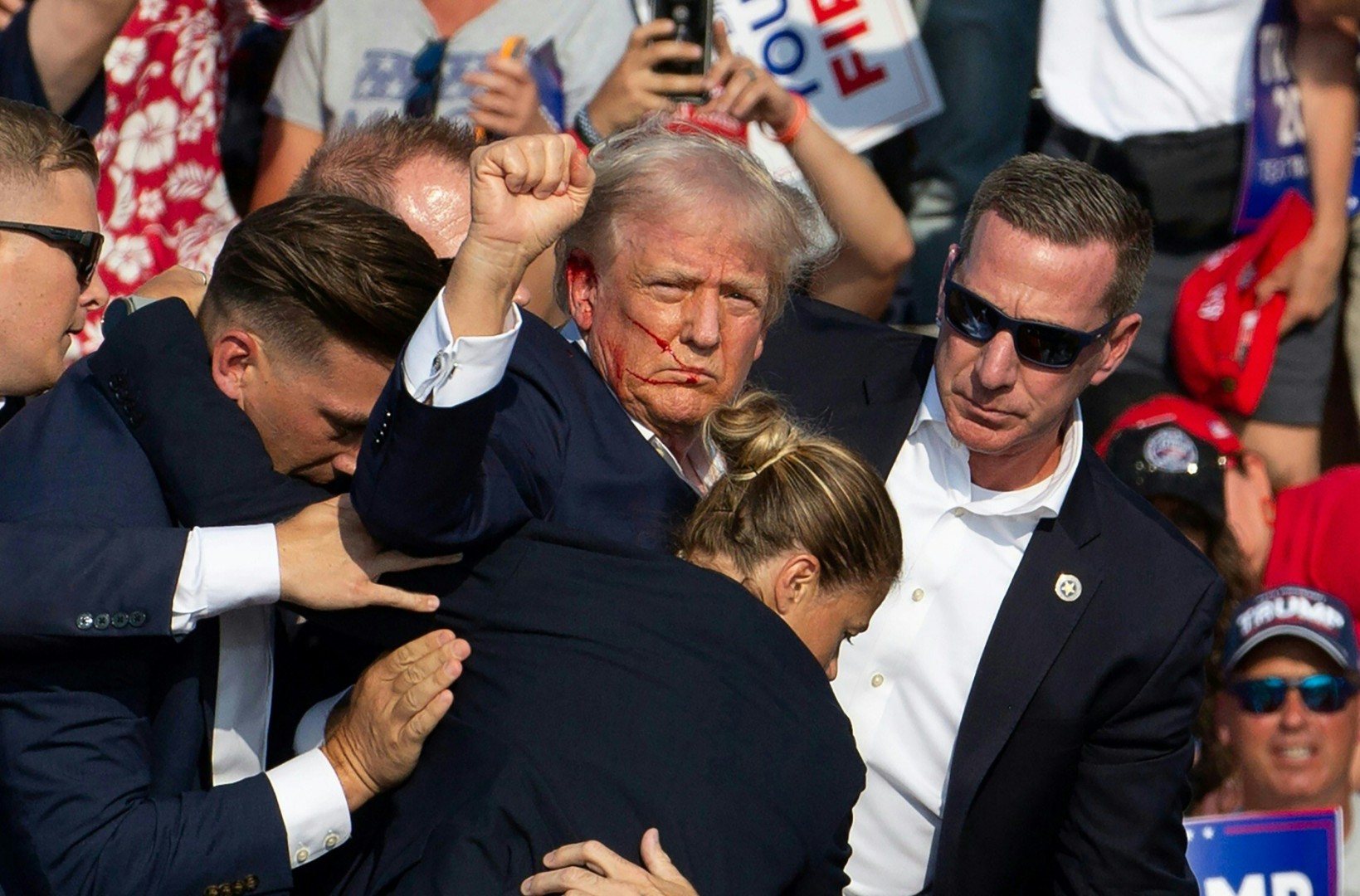U.S. President Donald Trump has made headlines once again with a controversial declaration: the United States will “take over” the Gaza Strip, claiming ownership and proposing the resettlement of Palestinians to neighboring countries. This bold statement, made during a joint press conference with Israeli Prime Minister Benjamin Netanyahu, has ignited global outrage and raised serious legal, ethical, and geopolitical questions.
What Exactly Did President Donald Trump Say?
During the press conference, U.S. President Donald Trump described Gaza as a “demolition site,” suggesting that Palestinians only wish to return because they have no other options. He proposed that the U.S. would assume control over Gaza, claiming it would lead to economic development and stability in the region. U.S. President Donald Trump even envisioned transforming Gaza into the “Riviera of the Middle East,” hinting at potential U.S. investments and job creation.
U.S. President Donald Trump did not rule out deploying U.S. military forces to enforce this plan, stating, “If it’s necessary, we’ll do that.” He also suggested permanently resettling Gaza’s 2 million Palestinians in neighboring countries like Egypt and Jordan—an idea that echoes far-right Israeli agendas and contradicts longstanding U.S. foreign policy commitments to a two-state solution.
Why Is This Statement Controversial?
- Violation of International Law:
Forced displacement of an entire population is considered a crime under international law, potentially falling under the category of ethnic cleansing. U.S. President Donald Trump proposal to remove Palestinians from Gaza and claim the territory would directly violate the Geneva Conventions. - Ethnic Cleansing Allegations:
Critics, including U.S. lawmakers, human rights organizations, and global leaders, have condemned the plan as “ethnic cleansing by another name.” Amnesty International USA stated that removing Palestinians from Gaza would be “tantamount to destroying them as a people.” - Destabilization of the Middle East:
U.S. President Donald Trump’s plan risks destabilizing the already volatile Middle East. It could strain U.S. relations with Arab nations, fuel anti-American sentiment, and embolden extremist groups. Saudi Arabia, a key U.S. ally, has already rejected the idea, reaffirming its support for the Palestinian cause. - Bipartisan Backlash in the U.S.:
American politicians from both parties criticized U.S. President Donald Trump’s proposal. Congresswoman Rashida Tlaib, a Palestinian-American, condemned the plan as “fanatical,” while Senator Chris Van Hollen warned it would undermine decades of bipartisan support for a peaceful two-state solution.
What Does This Mean for Palestinians?
For the 2 million Palestinians living in Gaza, U.S. President Donald Trump’s announcement represents not just a political threat but an existential one. Displacement would mean losing their homes, cultural identity, and historical ties to the land. Hamas, the governing authority in Gaza, denounced the proposal as an attempt to erase Palestinian presence from their homeland.
The Bigger Picture: U.S. President Donald Trump’s Pattern of ‘Expansionist’ Ideas
This isn’t the first time U.S. President Donald Trump has floated extreme territorial ideas. He previously suggested buying Greenland, proposed making Canada the 51st U.S. state, and even toyed with the idea of controlling the Panama Canal. However, the Gaza proposal is different—it involves real people, active conflict zones, and potential military intervention, making it far more dangerous.
Conclusion
U.S. President Donald Trump’s announcement to “take over” Gaza is more than just provocative rhetoric—it’s a dangerous proposal that challenges international norms, threatens regional stability, and undermines the rights of millions of Palestinians. The global backlash highlights the seriousness of his words, with critics viewing the plan as a reckless move that could have catastrophic consequences for both the Middle East and U.S. foreign relations.




